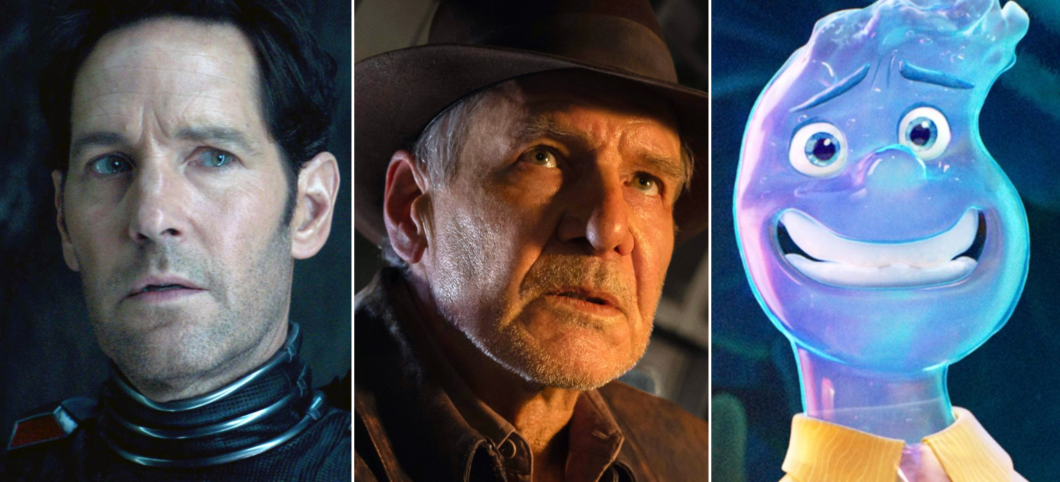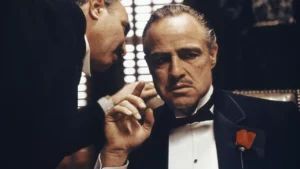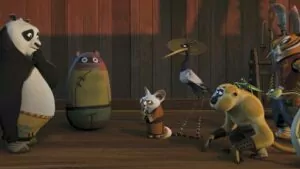
The global entertainment stage once basked in the radiant glory of Disney—an empire whose influence stretched far and wide, capturing hearts with its enchanting stories, lovable characters, and unparalleled cinematic magic. From the early animations like “Snow White” to the modern marvels of the Marvel Cinematic Universe (MCU) and the intergalactic epic of Star Wars, Disney had us spellbound for generations. It was an era of triumph, where quality content ruled and innovation reigned supreme. However, as we fast-forward to the present day, a stark contrast emerges, revealing a colossal downward trajectory that has shaken the very foundation of the House of Mouse. In this exploration, we dissect the facets that have led to this decline, from the tarnishing of beloved IPs to the convoluted intersection of politics and storytelling. Brace yourselves for an in-depth analysis of the elements that have brought the once-unstoppable Disney empire to its knees.
The Decline Of Disney
The fall from grace that Disney currently grapples with is a perplexing narrative of hubris meeting the erosion of artistic integrity. The decline is evident across multiple fronts, but one of the most poignant indicators is the disparity between the expectations of fans and the realities of Disney’s recent endeavors. Audiences, once captivated by Disney’s imaginative storytelling, are now disillusioned by a string of questionable choices. The audience’s discontent has rippled through various channels, sparking debates and discussions that highlight the company’s struggles. Names like “The Last Jedi” and “Secret Invasion” echo as prime examples of Disney’s waning ability to deliver on its promises. While Disney is no stranger to scrutiny, the present state of affairs signals a deeper fracture in the foundation of an empire built on dreams.
Star Wars: Did Disney Ruin The Franchise?
Few franchises have suffered as dramatic a decline as Star Wars, a phenomenon that once epitomized the power of storytelling. The saga’s transformation from a symbol of wonder to a source of controversy showcases the perils of misaligned creative direction. The pivotal moment came with “The Last Jedi,” a film that divided the fan base and triggered a crisis of identity for the franchise. Names like Rey and Kylo Ren, once synonymous with excitement, now stir up debates about character arcs gone astray. The sequels that followed only deepened the chasm, leaving Star Wars adrift in a sea of confusion. Disney’s quest to modernize the galaxy far, far away has inadvertently stripped it of its soul, alienating the very fans it sought to engage. The name “The Rise of Skywalker” elicits not the enthusiasm it once did but rather a reminder of the divisive discourse that has scarred the once-unified fandom.
MCU’s Winning Streak Comes To An Alarming End
Marvel’s ascent to cinematic supremacy was meteoric, but sustaining that momentum proved elusive. The MCU’s post-“Endgame” era has been plagued by formulaic storytelling, underwhelming character arcs, and an absence of the guiding lights that were Iron Man and Captain America. Names like “Secret Invasion” and “Loki,” while still widely recognized, no longer evoke the same fervor as their predecessors. The franchise that once dazzled with its intricate narrative tapestry now grapples with disengagement. As fan-favorite characters fade into the background and new ones fail to ignite the same spark, the MCU faces a formidable challenge. The names that once symbolized heroism now wrestle with mediocrity, a battle for relevance that mirrors the broader struggle Disney faces on multiple fronts.
Pixar’s Pioneering Spirit Has Faded
The animation powerhouses under Disney’s umbrella, namely Pixar and Walt Disney Animation, have long been heralded for their captivating tales. However, even these stalwarts have succumbed to the empire’s downward spiral. The phenomenon is epitomized by live-action adaptations that fail to recapture the essence of their animated predecessors. Names like “Beauty and the Beast” and “Aladdin” once conveyed nostalgia and anticipation but now serve as reminders of creative redundancy. The allure of beloved classics, tarnished by lackluster reinterpretations, reflects a creative bankruptcy that undermines the originality that once defined these studios. Despite names like “Lightyear,” the magic that once characterized Pixar’s pioneering spirit has faded, giving way to a sense of disillusionment.
Disney And Its Political Correctness
In a time when the cultural landscape intersects with the entertainment industry, Disney’s handling of sociopolitical issues has ignited polarizing debates. The company’s attempts to reconcile progressive values with storytelling have led to a dissonance that alienates both conservative and liberal audiences. Names like “Snow White” and “Stone White” symbolize a creative struggle, as Disney grapples with navigating the treacherous waters of political correctness. The missteps in this arena—marked by heavy-handed narratives and divisive portrayals—highlight a need for genuine storytelling that transcends the political quagmire. The dichotomy between message and execution, epitomized by names like “Stone White,” underscores the challenges Disney faces as it seeks to remain relevant in an ever-evolving cultural landscape.
Live-Action Everything
The age of nostalgia has birthed a relentless stream of live-action remakes, a trend that Disney eagerly embraced. However, the charm of these classics has waned in the face of formulaic adaptations that lack the heart of their predecessors. Names like “The Lion King” and “Aladdin,” once symbols of timeless wonder, have now become synonymous with profit-driven mediocrity. The company’s greed-fueled pursuit of reimagined success has contributed to the erosion of the very enchantment that made these tales timeless. The names that once embodied childhood magic are now associated with a corporate strategy that sacrifices creativity for commercial gain.
Disney+ Slowly Becomes Disney Minus
Disney’s foray into the streaming realm through Disney+ was heralded as a new era of entertainment consumption. Yet, the platform’s content assembly-line approach and lack of consistency have raised concerns. Names like “The Mandalorian” and “WandaVision” initially stirred excitement, but subsequent endeavors have fallen short of the mark. Short episodes and limited series runs undercut storytelling potential, leaving viewers craving substance over quantity. This has taken a toll on beloved franchises like the MCU and Star Wars, contributing to their decline. The platform, once synonymous with innovation, now bears names like “Disney Minus,” a reflection of the void left by a lack of compelling content.
The Movie Culture Synopsis
The grandeur that was once synonymous with Disney has been eroded by a series of missteps and a failure to evolve with changing times. The decline is not a testament to the insignificance of Disney’s legacy; rather, it underscores the consequences of stagnation and complacency. To reclaim its position of prominence, Disney must reinvent itself by listening to its audience, embracing innovation, and returning to the heart of storytelling that made it a global phenomenon.
The challenges ahead are immense, but the empire’s legacy demands a resurgence—a revival that redeems the enchantment that once captivated the world. Whether Disney rises from the ashes or succumbs to the weight of its own hubris remains to be seen, but one thing is certain: the tale of Disney’s colossal downward trajectory is a cautionary tale for the ages, a testament to the necessity of adaptation and the imperishable power of creative integrity. The names that have faded must be rekindled, and the stories that have faltered must be reignited, for the legacy of Disney’s past is the key to its redemption in the present and future.



